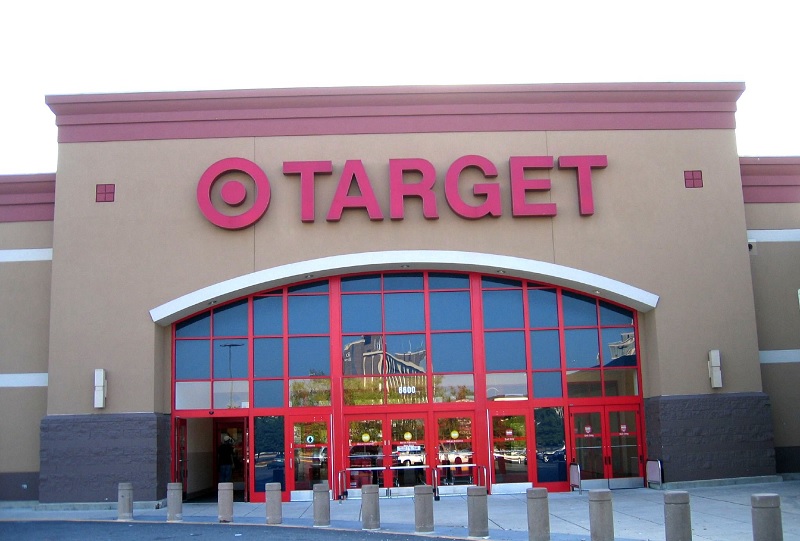Target has become the latest American brand to suffer consumer backlash in response to what many saw as a poorly thought out marketing strategy.
In a remarkable turn of events, Target experienced a significant decline in its stock price, reaching a three-year low on Thursday. This decline was attributed to the escalating backlash the company faced due to its decision to sell Pride merchandise targeted explicitly at children.
The stock price dipped to $137.39 USD, marking a low not witnessed since August 2020. Although the stock price made a slight recovery, the overall downward trend persisted.
Since the social media calls for a boycott started, the renowned retail company headquartered in Minneapolis, Target, has reportedly experienced a staggering loss of $9 billion in market value.
Just a week ago, prior to the controversy, Target’s stock was at $160.96 per share. It has since plummeted to $141.76, resulting in a 12 percent decline and reducing the company’s market value to $65.3 billion.
?BREAKING ?
Target stock has just COLLAPSED to its lowest trading value in a YEAR with no end in sight.
For the first time in my life, common sense Americans are standing up for themselves and committing to ACTION.
We are the majority. We are winning. We’re just getting… pic.twitter.com/7y0DBtUemi
— Benny Johnson (@bennyjohnson) May 26, 2023
rget’s “Pride” collection, which includes LGBTQ-themed clothing for children, has become the focal point of a contentious debate. Since the release of this collection, the company has faced intense public backlash and calls for a boycott.
There have been instances of customers confronting workers and causing disruptions, resulting in Target removing certain items from its stores, according to reports.
In response to the controversy and with Pride month approaching, Target has made adjustments to its LGBTQ+ merchandise offerings nationwide.
“Among the items garnering the most attention were “tuck-friendly” women’s swimsuits designed for trans women who have not had gender-affirming operations. Designs by Abprallen, a London-based company that sells occult and satanic-themed LGBTQ+ clothing and accessories, also caused backlash?,” Trending Politics reported.
As a response to the mounting criticism, Target has taken action by relocating its Pride merchandise from the front to the back of some of its stores in the southern regions.
Despite this adjustment, the boycott movement continues to gather momentum. Drawing parallels to a recent incident involving Bud Light, where the company faced substantial backlash for a marketing campaign featuring transgender social media influencer Dylan Mulvaney, some observers are already speculating that Target may experience a similar permanent negative impact on its business.
“The campaign led to calls for a boycott backed by conservative figures, including Florida Gov. Ron DeSantis. The resulting turmoil led to a 21% drop in sales volume for Bud Light in the week that ended April 15, and two of its marketing executives were placed on leave??,” noted Trending Politics.



